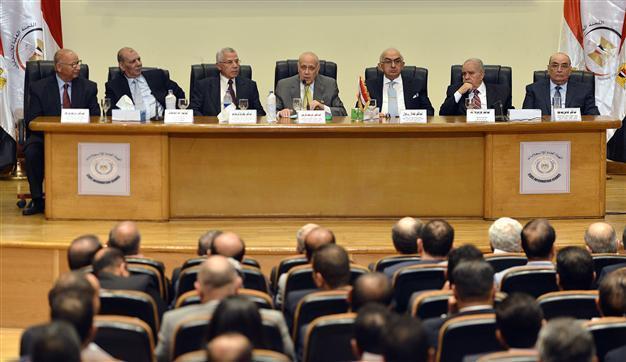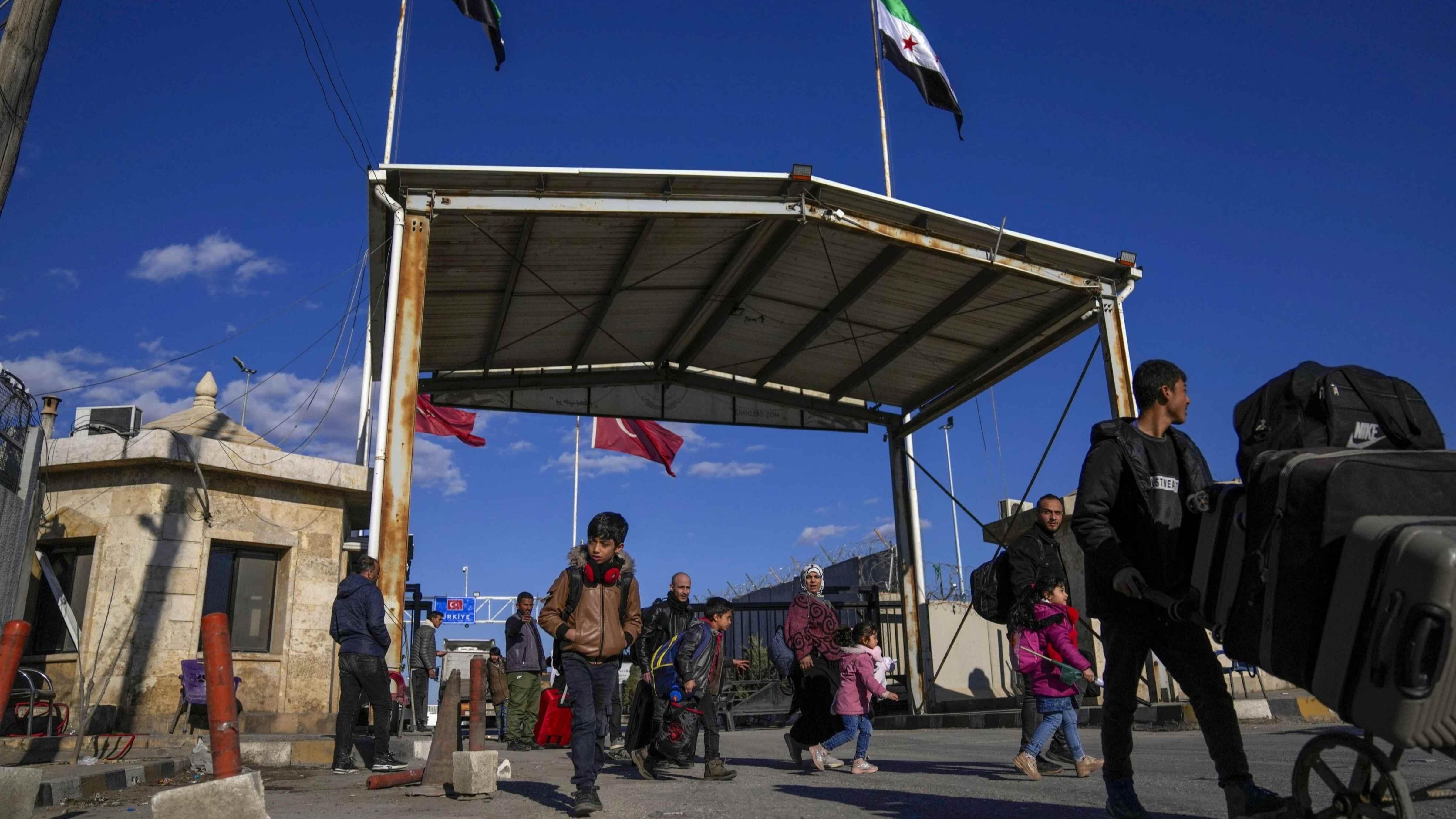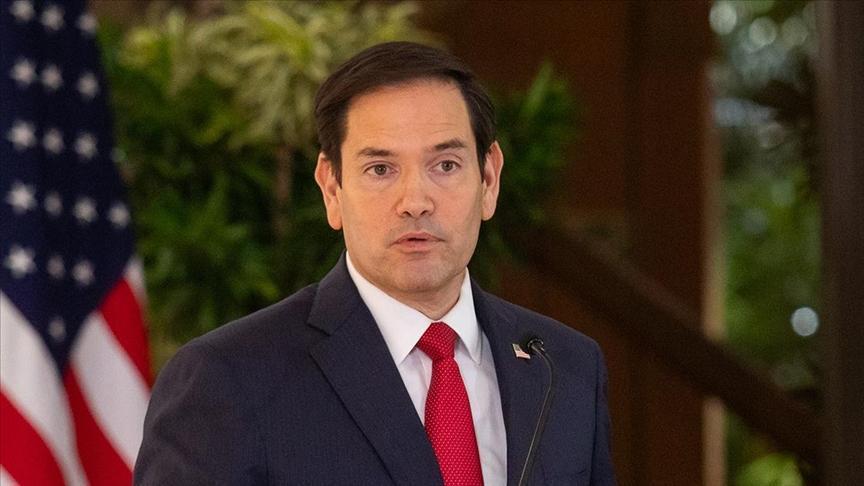Delayed Egypt elections to start on October 17
CAIRO - Agence France-Presse

yman Abbas (C), head of the Supreme Election Committee, speaks during meeting to announce the dates for Egypt's parliamentary elections in the Egyptian capital Cairo, on August 30, 2015. AFP Photo
Egypt's much delayed legislative elections, the first since President Abdel Fattah al-Sisi ousted his Islamist predecessor and cracked down on the opposition, will be contested between October and December.Electoral commission chief Ayman Abbas said on Aug. 30 that voting will be in phases from October 17 to December 2, with a new 568-seat parliament in place by the end of the year.
The polls come more than two years after Sisi, then army chief, toppled Islamist president Mohamed Morsi whose now-banned Muslim Brotherhood swept the last general election in 2011.
Analysts say Sisi loyalists are expected to emerge the big winners from the polls, which serve to appease Cairo's Western backers who see the president as a rampart against jihadist violence despite concerns over repression that has eliminated any meaningful opposition.
"It will not be a parliament that represents the people but one that represents the president," said Cairo University professor of political sciences Hazem Hosni.
The elections had initially been scheduled for early 2014 but were then delayed on legal grounds amid charges from rights groups of repressive measures during a crackdown on the Islamist opposition.
Polls were then set to begin in March this year, but a court delayed them citing legal obstacles and lawyers said the electoral law did not divide up districts in a way that would adequately represent voters.
The same court had dissolved the previous Islamist-dominated parliament, which was elected after the 2011 uprising that forced longtime dictator Hosni Mubarak from power.
It ruled that parts of the law under which parliament was elected were unconstitutional. That decision granted broad legislative powers to the presidency in the absence of an assembly.
After Morsi's ouster in July 2013, Sisi announced plans for a new constitution, to be followed by presidential and parliamentary elections.
The new charter was adopted in January 2014 and Sisi was elected president in May last year.
Critics say that with the Brotherhood having been crushed and banned, the elections are bound to be dominated by Sisi loyalists.
Among those standing in the election is a pro-Sisi coalition calling itself "For the Love of Egypt" that includes Mubarak-era politicians.
The elections are important to Sisi as he seeks to shore up his standing in the eyes of Western governments that condemned his overthrow of Morsi, the country's first freely elected leader.
"This election aims to calm local and international public opinion which backs Sisi's battle against terrorism but does not accept authoritarian abuse," said Mathieu Guidere, a professor of Arab geopolitics at the University of Toulouse in France.
Even secular and liberal activists, including several who played a prominent role in the 2011 revolt, have been jailed for holding unauthorised protests.
Guidere said he expected the new parliament would help establish a "facade of democracy" but it would not have "real powers" because of the security challenges facing Egypt.
Karim Bitar, head of research at the Paris-based Institute of International and Strategic Relations, agreed, saying the new parliament would "only give the illusion of a transition to democracy".
In a complex electoral system, Egyptians living abroad will vote on October 17. Voters in 14 of the country's 27 provinces will cast their ballots on the following two days.
Remaining voters abroad and inside the Arab world's most populous country will take part in a first round on November 21, 22 and 23.
Runoffs after the first phase will be held on October 26, 27 and 28 and on November 30, December 1 and 2 for the second phase.
Twenty-seven seats in parliament will be appointed directly by Sisi, with the rest contested through party lists or on an individual basis.
















